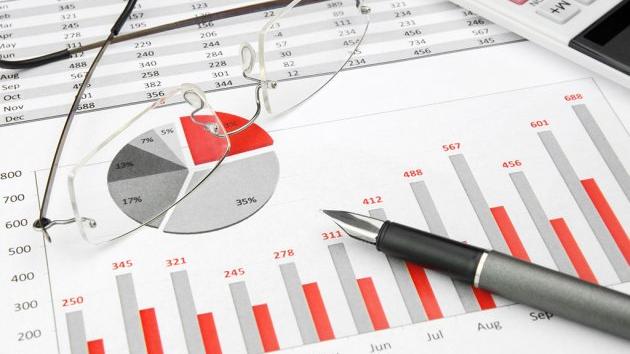Vienna Institute expects change of power at the end of this year or beginning of next one, then growth of Serbia’s GDP
Source: Nova ekonomija
 Wednesday, 26.03.2025.
Wednesday, 26.03.2025.
 10:56
10:56
 Wednesday, 26.03.2025.
Wednesday, 26.03.2025.
 10:56
10:56
Illustration (Photo: Tatiana53/shutterstock.com)

– We have not yet announced the latest projections, we are preparing them, but we will review down the projections for the growth of the GDP this year slightly, and increase them in the next two years. That is due to the protests and the political changes – it is apparent that the economic activity in the first quarter slowed down slightly, but we also expect that, either by the end of this year or the beginning of next one, there will be a change of power, so the growth will be slightly bigger. The global events around the trade war certainly have an impact on all this too – says Branimir Jovanovic, the economist for the Balkan countries at the Vienna Institute for International Economic Studies.
In the past two months, the National Bank of Serbia (NBS) has reduced the FX reserves with which the dinar is defended against the euro. From the beginning of 2025 until the end of February, NBS sold a net amount of EUR 745 million, of which EUR 420 million in January and EUR 325 million in February. Last year, it acted in the opposite direction, so the NBS bought a net amount of EUR 2.7 billion to maintain the exchange rate.
– The FX reserves lowered slightly in January and February, and the dinar weakened a bit, to 117.2 per euro. That is also due to the unfavorable economic situation, but we don’t expect any drastic changes. The reserves are nevertheless at a good level – around 7 months of imports, which is much higher than the rough rule that they need to be at least 3 months. The dinar will likely additionally weaken a bit, but no more than 117.5 – says Jovanovic.
Tags:
Vienna Institute
International Monetary Fund
IMF
National Bank of Serbia
NBS
Branimir Jovanović
GDP of Serbia
gross domestic product of Serbia
Comments
Your comment
Naš izbor
Most Important News
Full information is available only to commercial users-subscribers and it is necessary to log in.
Follow the news, tenders, grants, legal regulations and reports on our portal.
Registracija na eKapiji vam omogućava pristup potpunim informacijama i dnevnom biltenu
Naš dnevni ekonomski bilten će stizati na vašu mejl adresu krajem svakog radnog dana. Bilteni su personalizovani prema interesovanjima svakog korisnika zasebno,
uz konsultacije sa našim ekspertima.


 Izdanje Srbija
Izdanje Srbija Serbische Ausgabe
Serbische Ausgabe Izdanje BiH
Izdanje BiH Izdanje Crna Gora
Izdanje Crna Gora


 News
News










